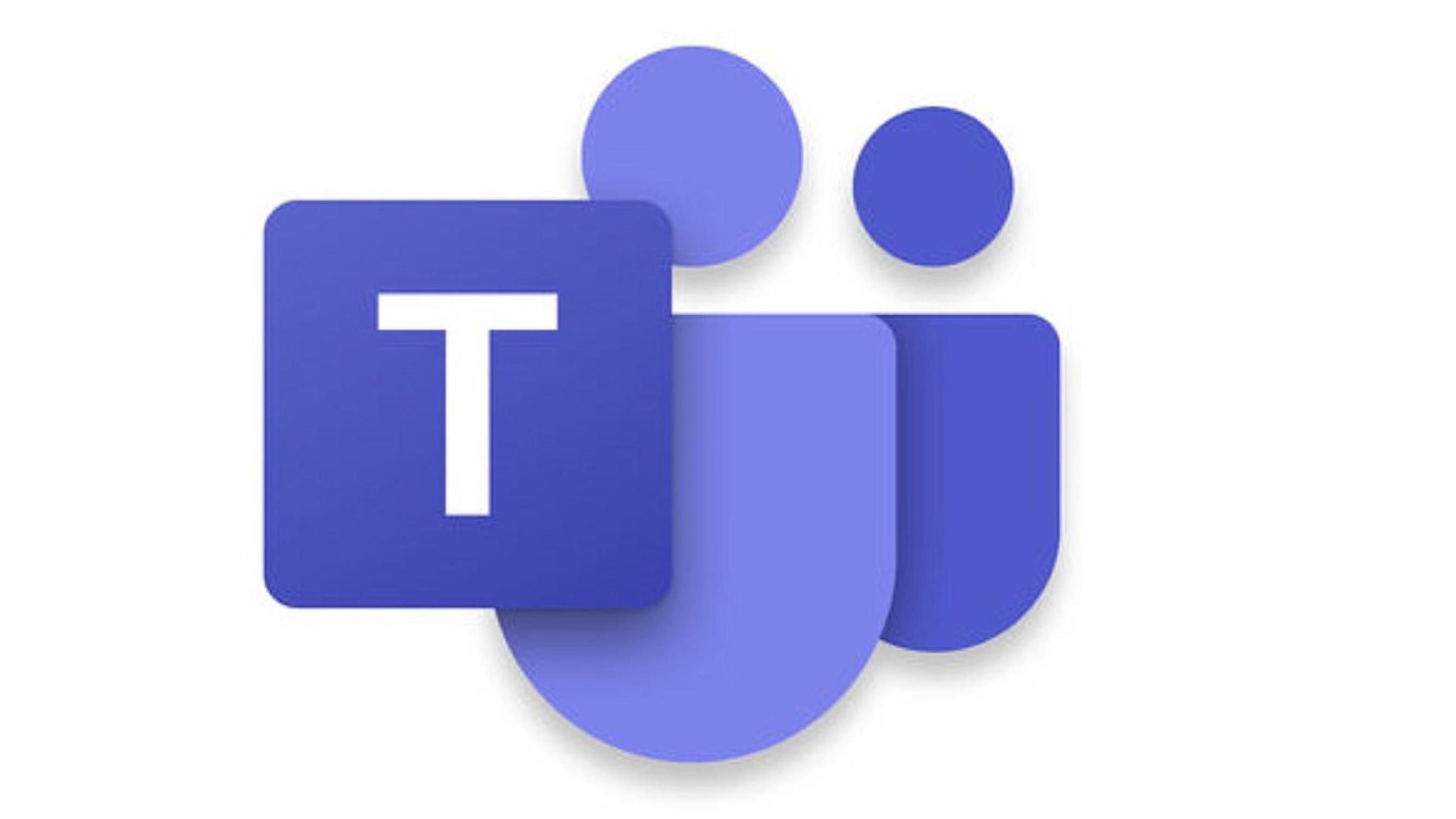
Managed Voice over Internet Protocol (VoIP) services, also known as hosted or cloud VoIP services, have long been popular with SMBs and, over the past three to four years, have gained significant traction with enterprises. While the growth rate of this $1-billion dollar market has slowed, its reach continues to expand thanks to offerings like cloud-based PBX and VoIP-powered “bring your own device” (BYOD) mobile devices. With a wide range of companies offering managed VOIP services, it can be difficult for VoIP service providers to stand out from the background noise and win in competitive situations.
With such a competitive market, it’s more important than ever for managed VoIP service providers to be at the top of their sales game. If VoIP sales were simply a matter of providing the lowest price option, selling managed VoIP services would be easy. However, when prices across competitors are equalized, the key to winning enterprise customers’ business usually comes down to the robustness of services (including “extras”) a managed VoIP organization can provide its customers. Once your marketing team has sent over a sales-qualified lead, what steps should your sales team take to gain the competitive edge and close more customers? Here are 5 quick tips to help VOIP service providers better sell their managed services:
1. Highlight your product’s ability to scale.
A 2014 survey of over 350 companies with revenue of less than $100 million found the majority of enterprise buyers interested in switching to a new phone system were mainly concerned with the reliability and scalability of the system. During the sales process, make it clear to your prospect that your organization has worked hard to develop the strongest technological infrastructure possible – one that can scale to meet both current and future bandwidth needs. Taking the time to emphasize your company’s ability to scale can sometimes soften the blow of a higher priced product offering because what your product loses in economy, it makes up for in its ability to offer customers peace of mind.
2. You are the trusted adviser and need to steer your prospect in the right direction.
There are many new technologies that fall under the VoIP umbrella – and chances are, your prospect may only know about a handful of them. It’s your job as the IT or Managed Service Provider to not only sell the best product to your prospect, but to make sure that prospect knows what the best options are for them. Make sure you’re well-versed in the pros and cons of solely VoIP, IP-PBX, cloud hosting or not, and otherwise – and can steer our prospect in the direction that’s best for them.
3. Be a one-stop shop for all their IT needs.
Showcase your organization’s services, offerings, and skill sets that can help make an enterprise customer’s transition over to your managed VoIP services more smooth. Whether your expertise is on the up-front planning and design or on post-installation integration, the vast majority of customers don’t have the in-house expertise to handle migrations to today’s advanced VoIP technologies. Your organization’s ability to manage all your customers’ communication needs is a great value proposition because it means they will ultimately have fewer vendors to manage.
4. The magic word is “mobile.”
The average person checks their mobile phone more than 150 times a day. With so much time spent staring at cellular devices, it’s more important than ever for managed VoIP services to offer options for use on mobile as well as desk phones. As a result, it’s important that during the managed VoIP service sales process, you scope out the degree of mobile usage your prospect anticipates and what the best offering might be for their unique situation.
5. Don’t forget about security.
Does a potential customer want or need security elements like encrypted voice or encrypted authentication? With the increasing prevalence of identity theft and cyber attacks, chances are that what were once “extras” in a managed VoIP package will become standard offerings sooner rather than later. Even if a prospect ends up not concerned about additional security features, when selling managed VoIP, it’s a good idea to make prospects aware of the risks and present them with options before they need security – instead of after, when they wished they’d had it.
Showcasing your managed VoIP service’s ability to scale, security, and compatibility, while simultaneously demonstrating your organization’s ability to act as a one-stop-shop for all an enterprise client’s potential communications needs isn’t easy, but it can be the difference between closing an deal or losing it to the competition. What other techniques for winning VoIP deals have you found that work?























